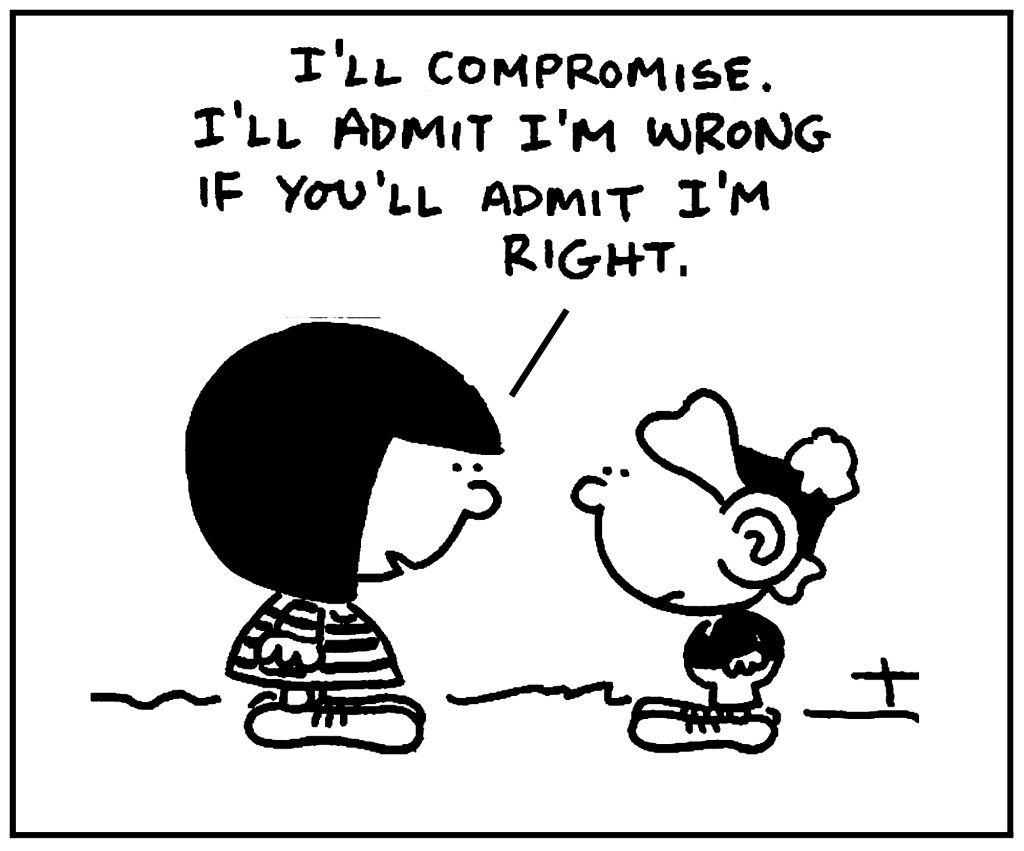
Time is a precious commodity. If traded on the commodities market, its value would be incalculable. But alas, time cannot be bought or sold. And while the length of our lives varies and is unpredictable, the number of hours we have in each day is fixed.
Many books have been written on how to maximize your time. Read them and learn. You are the steward of your own time.
This essay focuses on the negative influence that we can have on other people’s time. In other words, if you want to waste your own time, that’s up to you, but don’t waste other people’s time. Likewise, I don’t want to waste your time.
So let’s agree…
Be punctual.
If you have an appointment with someone at 1:00 p.m. and you arrive at 1:05, you have squandered five minutes of her time. To be on time you must be early; it’s nearly impossible to be precisely on time – time is moving too fast. For instance, if a meeting starts at 1:00 you can’t walk in 1:00 – that occurs in a milli-second and then becomes the past. You must arrive before 1:00.
Be organized.
When you are responsible for a project that involves other people, be organized or you’ll waste their time. Predetermine what needs to be accomplished and the quickest way to do it.
Plan ahead.
Plans exist in the future. The past is history, the present is reality. Always have a plan for what the future can look like. Spontaneity can, at times, be useful, but not as a way of life. Sound planning will undergird effectiveness and efficiency.
Be decisive.
Often, it is wise to postpone a decision until it must be made – careful contemplation and monitoring changing variables are good reasons to delay a decision. But when a decision needs to be made, do so. And don’t overthink minor decisions; that just gums up progress.
Be quick, not slow.
By and large, slow is not good. Jack Welch, former CEO of GE would ask his protégés, “Who wants to be slow?” It was a rhetorical question; I hope no one raised his hand.
While it’s good to be thorough, careful, wise, circumspect, cautious, and deliberate – don’t be slow. Maintain a quick pace.
Monitor conversations and keep them on track.
When you and I are talking to each other, let’s pay attention to what we’re talking about and use our time wisely. For instance, don’t spend time talking about irrelevant topics and don’t even spend too much time talking about a relevant one.
A man (whom I did not know) once approached me and said, “Don, I know you lived in Austin, Texas, for a few years. Did you know a man named Ted Wallenburg?” I replied that I didn’t, but he spent the next four minutes telling me all about Ted, a man who had no connection to our lives. Why did he do that?
Also, don’t repeat yourself. When you and I are conversing, I will listen carefully and comprehend what you’re saying. I get it. So you don’t need to say it again. If I don’t understand, I’ll ask for clarification. Circular dialogue (getting caught in a verbal cul de sac) is a waste of time.
And let’s carefully consider the topics we want to discuss and allocate our time wisely. If we have only 20 minutes to converse, let’s try to address as many topics as possible.
Anticipate
When I was 13 years old, we lived next door to an engineer whose hobby was rebuilding Volkswagen engines. One summer I served as his apprentice, so on warm summer evenings we rebuilt engines in his garage.
One of the first lessons he taught me was, “Don, try to anticipate what needs to happen next and act accordingly – hand me the right tool, fetch the next part to be installed – always be thinking two or three steps ahead in the process.”
That’s a great lesson to learn because it saves time.
Understand what can happen simultaneously and what must happen sequentially, and act accordingly.
Pay attention.
President Reagan was buried on June 11, 2004. It was a dreary, rainy day. Nancy Reagan and her family stood in the drizzling rain to watch the casket being taken from the Capitol Rotunda to the National Cathedral. A young military escort held an umbrella over Mrs. Reagan to shield her from the elements. In a moment of mental lapse, the young man allowed the umbrella to drift off to the side, exposing Nancy to the rain. She reached up, grabbed the man’s hand, and yanked the umbrella back into place.
Ouch. I can just imagine what the young man’s commanding officer might have said to him after the funeral: “Son, your only job today was to hold an umbrella over Mrs. Reagan. That’s not a difficult assignment. Millions of people were watching. What were you thinking?”
A Boy Scouts leader used to tell his boys, “If you are early, you are on time. If you are on time, you are late. If you are late you owe everyone ice cream.”
I like that. Let’s not waste each other’s time.




